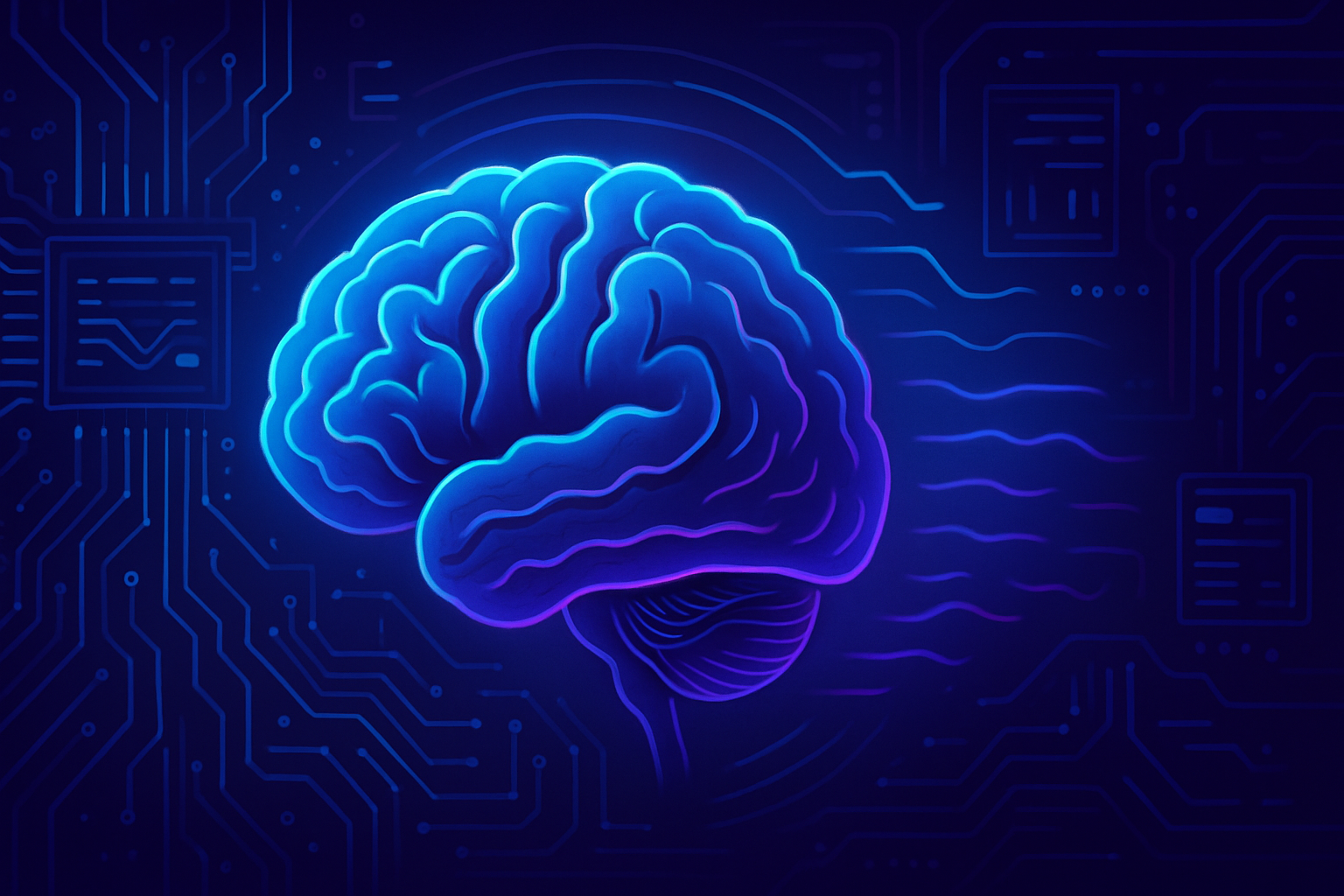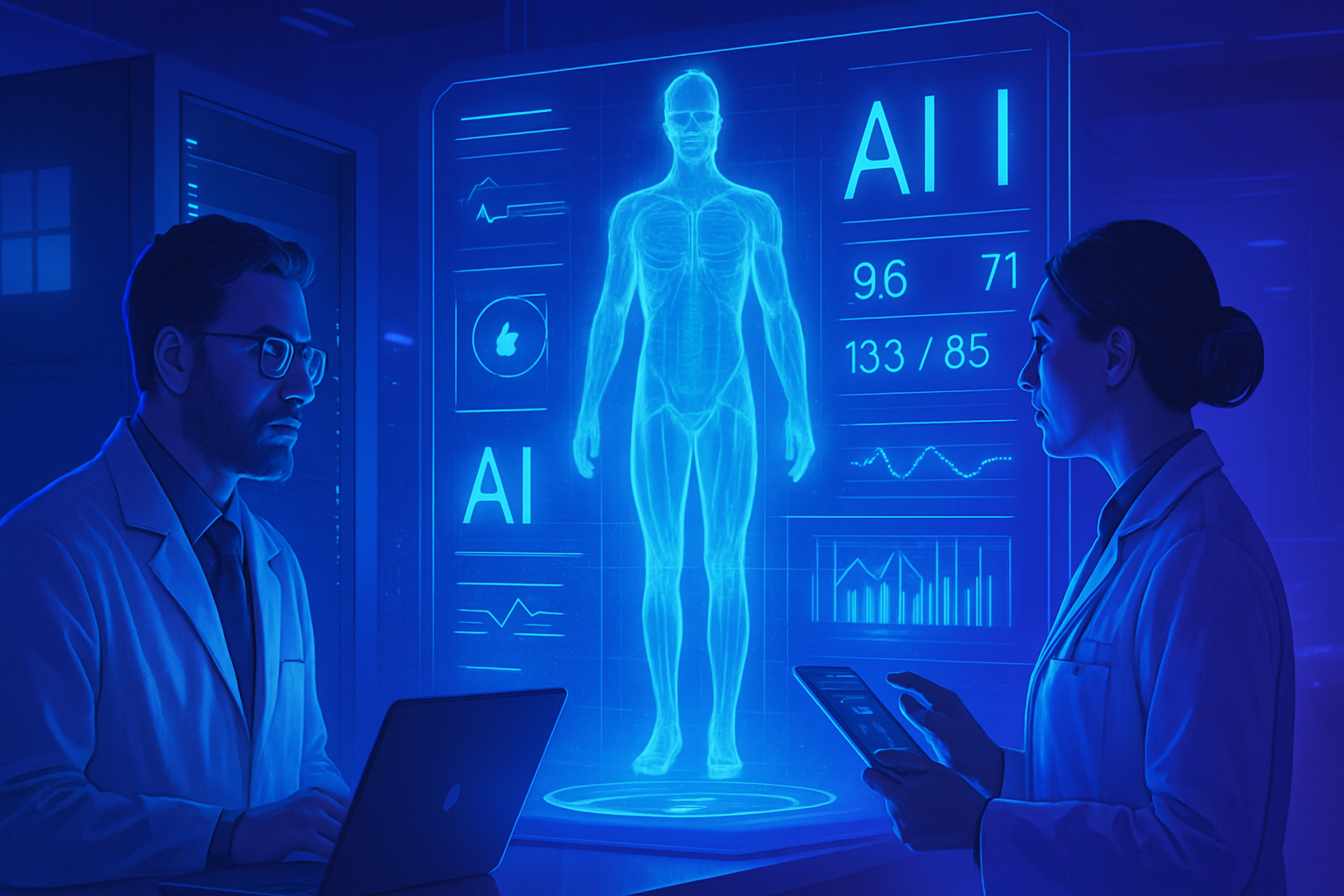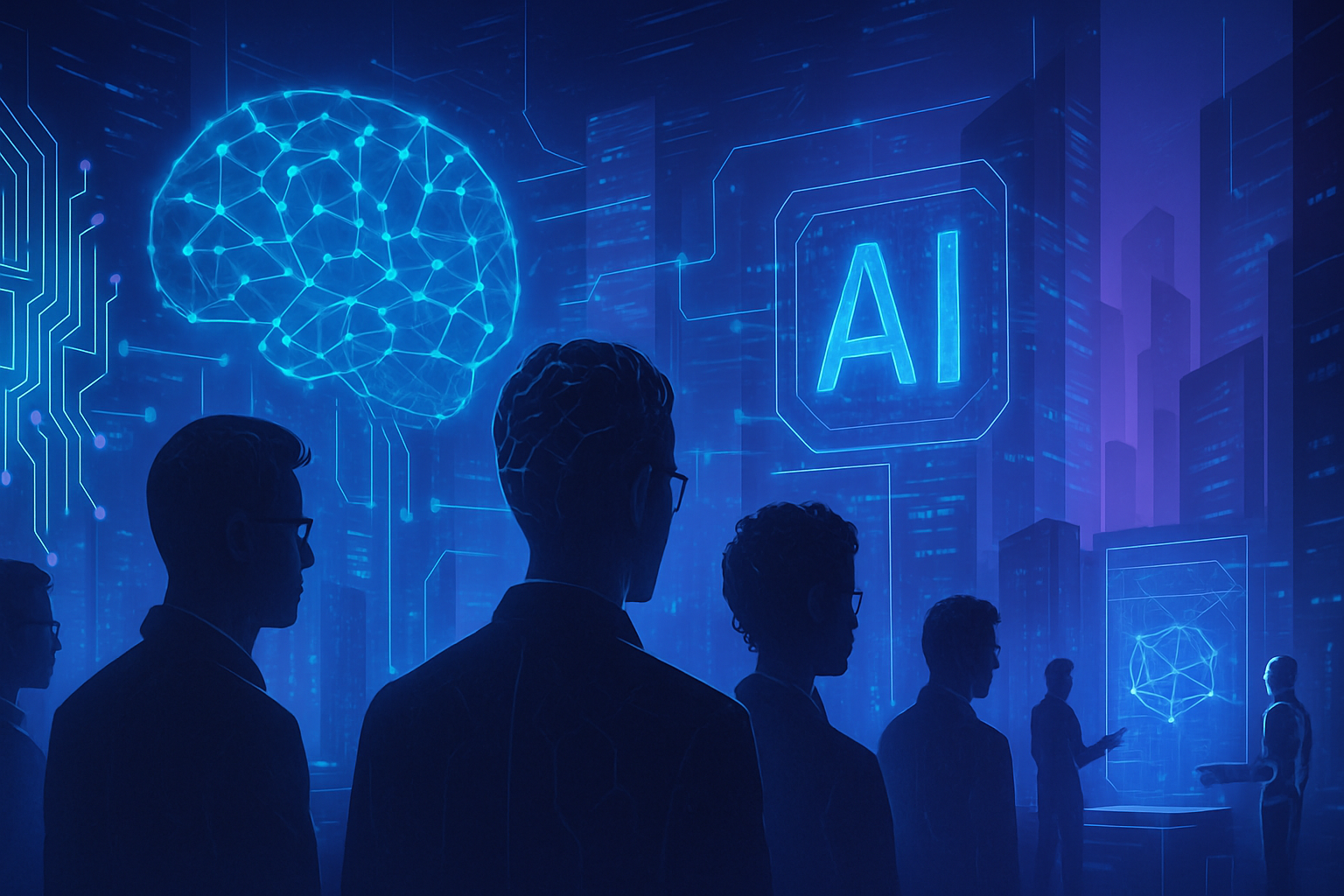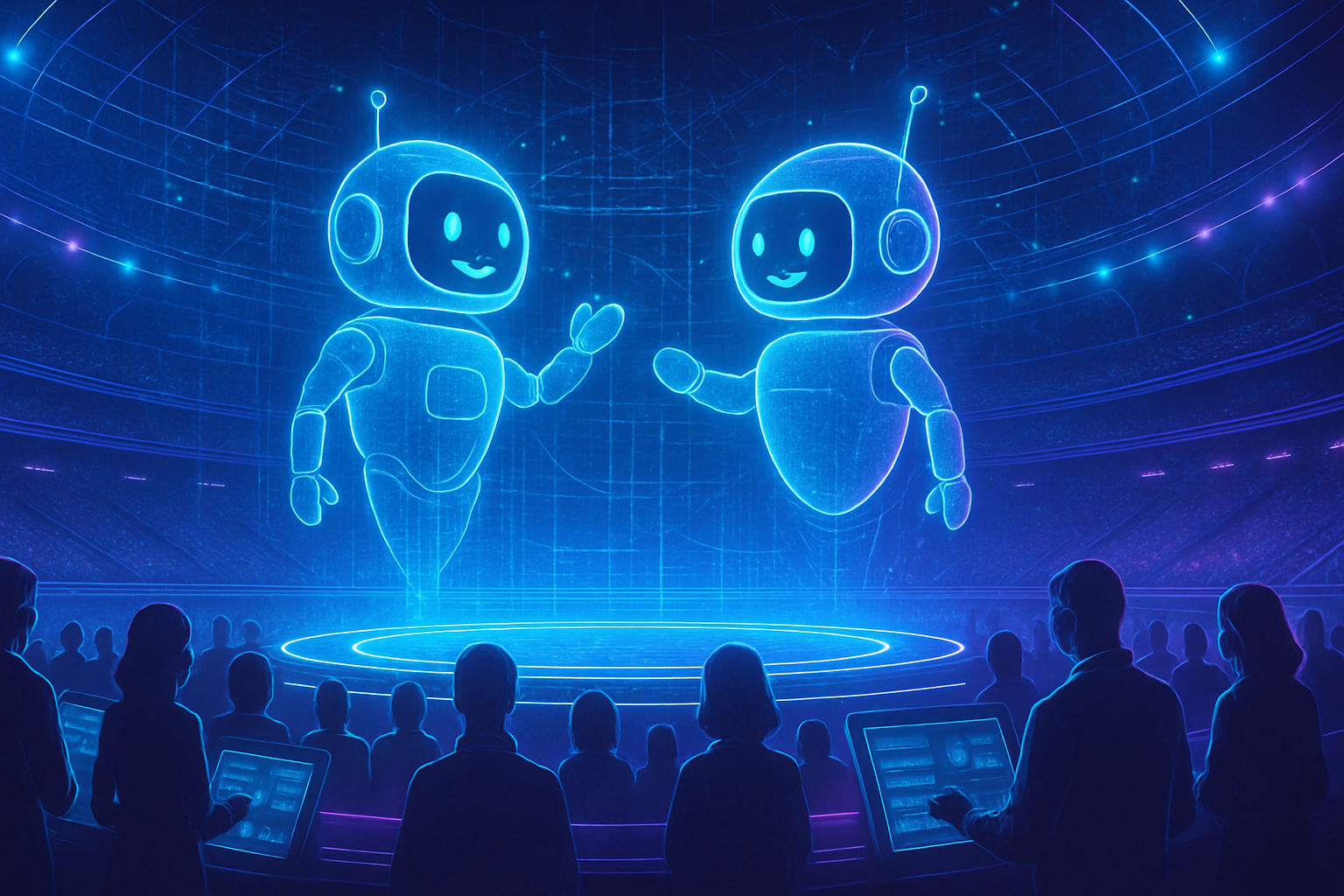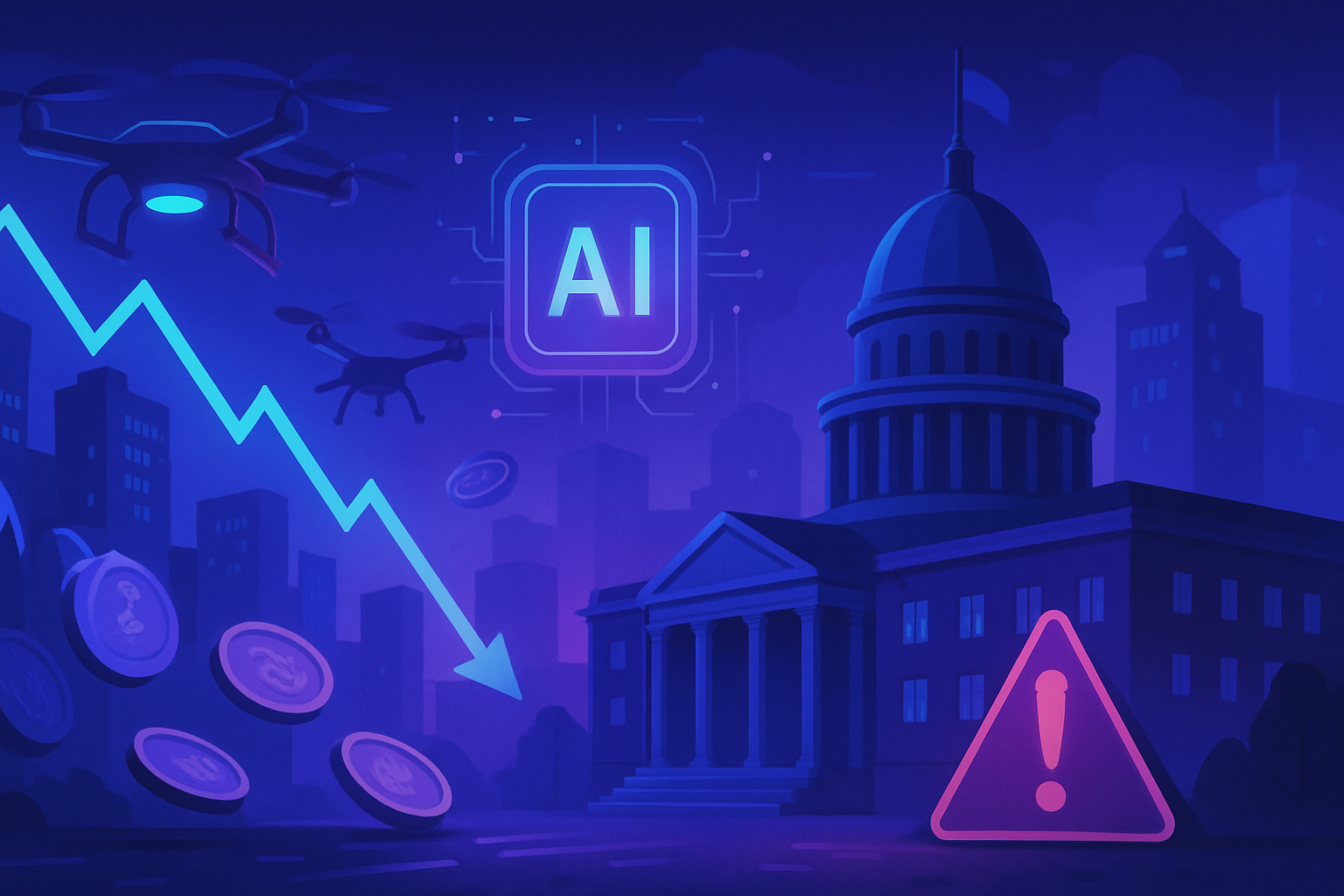The increased use of ChatGPT raises pressing questions about its cognitive impact on users. Recent research from MIT highlights an <strong alarming decrease in cognitive abilities among students reliant on this technology. These results, stemming from a preliminary study, dismantle the idea that artificial intelligence promotes learning. Far from being just a tool, ChatGPT could insidiously influence memory and language skills.
An Innovative Study from MIT
A recent preliminary study conducted by researchers at the MIT Media Lab sheds light on the effects of using ChatGPT on brain activity. This research, led by French scientist Nataliya Kosmyna, examines the implications of such technology on students’ cognitive performance. The focus is on the differences observed in individuals before and after using this artificial intelligence.
Context of the Experiment
The researchers gathered fifty-four volunteers, all aged between 18 and 39, from about ten different nationalities. Equipped with sophisticated measuring tools, including headsets capable of detecting brain activity, participants were subjected to a series of writing tasks. The experiment involved writing assignments with or without the assistance of ChatGPT. The method employed, the Dynamic Direct Transfer Function (dDTF), allows for a more detailed observation of brain information flows than a traditional electroencephalogram.
Significant Results
The results show a notable decrease in neural and linguistic performance among these students four months after using ChatGPT. The researchers analyzed participants’ memory and reasoning abilities, revealing that excessive reliance on AI might alter their behavioral skills. This finding raises questions about the long-term effects of using these tools on learning and intellectual development.
A Growing Phenomenon
Currently, the planet has nearly 800 million weekly ChatGPT users, a figure that has doubled in just four months. This phenomenon ignites a growing debate within the scientific community regarding the impact of artificial intelligence on human brain function. Responses from neurotechnology specialists, such as those from MIT, fuel critical reflections on the potential consequences of this technology.
Repetition of the Experiment and Role Reversal
Four months after the first part of the study, a follow-up was conducted. Eighteen volunteers agreed to return to reverse their position: those initially dependent on AI wrote their assignments without technological assistance. This process was put in place to assess whether a return to traditional writing could restore initial skills, but the results indicate that dependence on AI persists.
Reflection on the Future of Education
This study could have significant implications for educational methods and learning. Questioning the use of these technological tools in the school context seems pertinent, especially in light of the rapid increase in artificial intelligence users. Educational decision-makers must consider the implications of these findings on student training and the future of teaching.
Toward a Collective Awareness
With the rise in the use of AI models, it is vital to conduct thorough analyses of their effects on behavior and cognitive capabilities. The results of this study, coupled with other similar research, should encourage users to utilize these technologies in a measured and thoughtful manner. The challenge is to preserve essential human skills in the face of increasing dependence on digital tools.
Common Questions and Answers
What is the impact of using ChatGPT on users’ neural skills?
According to the study conducted by the MIT Media Lab, the use of ChatGPT could lead to a decline in users’ neural, linguistic, and behavioral skills, especially among those who rely on this tool to write assignments.
How many participants were included in the MIT study on the use of ChatGPT?
The MIT involved 54 volunteers aged 18 to 39 from various nationalities to assess the effects of ChatGPT on their brain activity.
What methods were used to measure the brain activity of participants?
The researchers used headsets equipped with the Dynamic Direct Transfer Function (dDTF) technology to read brain activities and observe the flows of information circulating in different areas of the brain.
What types of activities did participants perform during the study?
Participants had to write essays using or not using ChatGPT, then recall their writings. This process was repeated three times throughout the study.
Are there long-term consequences associated with the use of artificial intelligence like ChatGPT?
Although the study does not directly address long-term effects, preliminary results suggest a reduction in cognitive skills, raising questions about the prolonged use of such technologies.
Are the study results considered definitive?
No, this is a preliminary study that has not yet been peer-reviewed, which means further research is needed to confirm the results.
What age groups were targeted in the study on the use of ChatGPT?
The study included participants aged 18 to 39, representing a demographic of students and postdoctoral researchers at prestigious universities like MIT and Harvard.
